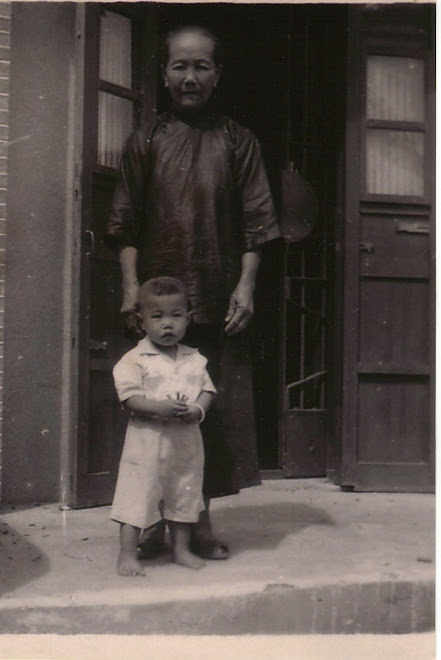My mother died when I was 22.
This is the single defining fact of my life. It defines me more than my children, my profession, my home, my garden, my spouse, or my acts. As Anna Quindlan once put it, you could describe me by saying "my eyes are green, my hair is brown, and my mother died when I was 22."
I have missed her, searingly, every day since that day. I noted the date that I had known my husband longer than I had known my mother. I know the date on which I will be exactly her age the day she died. I noted the date, long past, when I had lived half my life without her.
I have had to navigate adulthood on my own. I had no model from my mother's generation. There are things I will never do because I had no mother to check with, trivial, everday things like baking a roast or a pie. Family stories lost, family stories that never happened. Because my mother died when I was 22.
So when your mother dies, when you are 45, or 50 or 62, when your mother dies after your children or grown, or after your children have children, I will understand your pain, but I will not sympathize. That is when your mother is supposed to die. You have known all your life that you grow old with your partner, but lay your parents to rest as your own hair turns gray. Don't weep in my arms, at 50, because your mother has died. You cannot even imagine the gift the universe gave you, to have had her so long.
Subscribe to:
Post Comments (Atom)

No comments:
Post a Comment